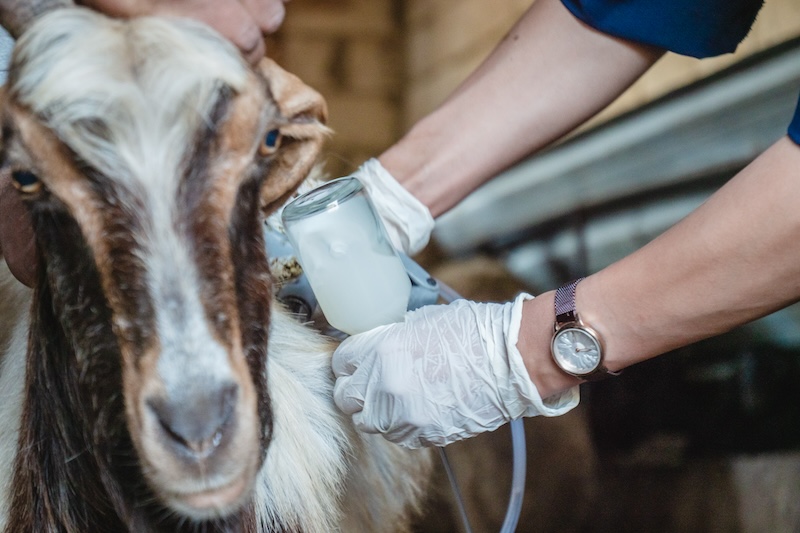Country Programming Framework
Lebanon Country Programming Framework (CPF)
The Country Programming Framework (CPF) for the period 2023-2026 is FAO’s planning and programming strategic document to respond to the challenges faced by the agrifood system of Lebanon. The CPF aligns with the strategies outlined in Lebanon's key policy documents and sector-specific plans, namely the National Agriculture Strategy (NAS) 2020-2025, the National Water Strategy 2020-2035, the Lebanon National Forestry Programme (2015 – 2025) and the Lebanon Crisis Response Plan (LCRP) 2022-2023. The CPF is also aligned with the United Nations Sustainable Development Cooperation Framework (UNSDCF) 2022-2025 as well as the FAO Strategic Framework for 2022-2031.
The CPF proposes three strategic priorities to contribute to achieving three UNSDCF Outcomes. It incorporates what FAO identifies as cross-cutting “accelerators” to maximize effects across its proposed programmatic interventions: technology, innovation, data, and complementary elements such as governance, human capital, and institutions, as well as enhanced inclusion of youth, women and other marginal and vulnerable groups.
CPF Output 1: Sustainable agrifood value chains developed for enhanced food and nutrition security
The CPF addresses challenges that affect the development of agrifood value chains for food security, rural economies and livelihoods, with particular attention to smallholders and vulnerable groups. This will lead to more efficient and sustainable production and marketing systems, enhanced aggregation of and strengthened value chain integration, improved food safety, availability of and access to financial services, and stronger and less fragmented regulatory and policy frameworks.
The CPF prioritises overcoming the barriers that hinder the economic participation of women and youth in the agrifood value chains. By adopting a value chain approach, FAO will support the government in effectively coordinating its initiatives across selected value chains, mitigating the potential silo effects resulting from the involvement of different actors within each value chain.

More specifically, a two-pronged approach will be followed for the development of high-potential agrifood value chains, by supporting innovative and best practices for improved technical, organizational, business and financial services for farmers (including smallholders), cooperatives and MSMEs, and strengthening institutional capacities and legal and policy environment of government agencies and private sector value chain actors.
CPF Output 2: Sustainable management of natural resources and the environment supported for healthy ecosystems in the context of climate change
FAO and its partners focus on promoting the sustainable management of natural resources for healthy ecosystems of relevance to food and agriculture in the context of climate change. This output strives to tackle the challenges related to the management of and rights and conflicts over natural resources, with particular attention to vulnerable groups such as women; weak adaptation and mitigation responses to climate change shocks; agrobiodiversity and conservation of genetic resources, fauna and flora; and the degradation of soils.
The main strategy to achieve this CPF Output is the restoration of ecosystems through the effective management of natural resources and using integrated approaches such as the agro-silvo-pastoral approach.

In addition, the CPF proposes to advocate for the adoption of circular economy practices and the implementation of environmentally-friendly measures in urban areas, as well as prioritizing the safeguarding of agricultural heritage. Minimizing the impact of agricultural practices on environmental pollution is also a key element to achieve this Output.
CPF Output 3: Resilience of agrifood actors increased following a humanitarian-development-peace nexus approach for sustainable livelihoods
The third CPF Output is aimed at increasing social protection coverage and the resilience of the agrifood system following a humanitarian-development-peace nexus approach. It addresses the challenges faced by producers with regards to the increase in prices of agricultural inputs and fuel, with smallholders reducing the cultivated areas and shifting to low quality inputs, leading to lower production and farm income. In addition, shocks related to transboundary animal and plant pests and diseases which have had a significant impact on production are tackled. This Output also addresses the lack of information and data for building the resilience of agrifood systems.
The main strategy to achieve this CPF Output is to support gender and nutrition-sensitive social protection interventions by designing and implementing cash and voucher programmes for vulnerable smallholders.

